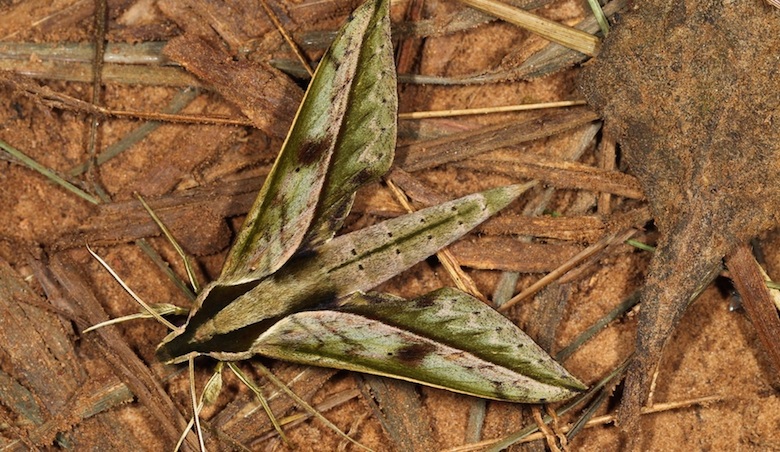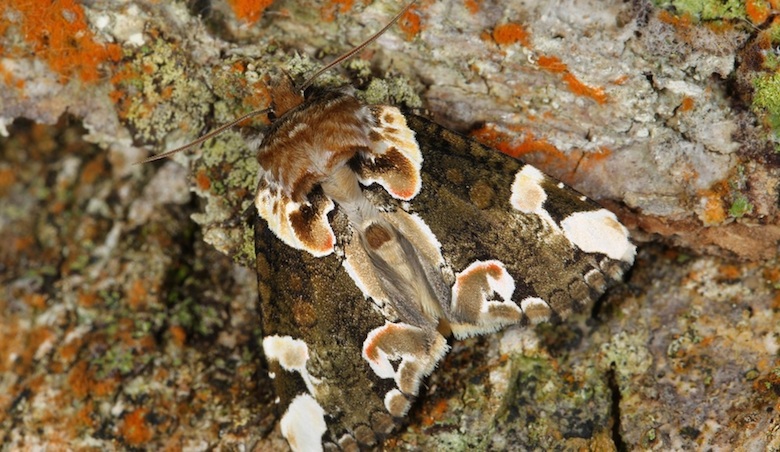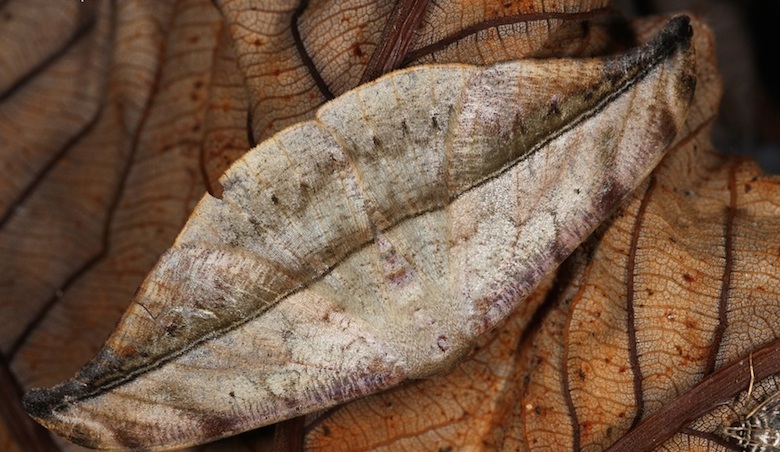- The Identidad Madidi expedition is surveying Bolivia’s poorly known Madidi National Park.
- The research team has already found many species that are new to the park – including a frog completely new to science.
- The scientists estimate 10,000 moth species may live in Madidi.
A major expedition happening right now in Bolivia’s Madidi National Park is aimed at figuring out just how many vertebrates live in this little-explored region. But along the way, it’s also shedding light on the park’s invertebrate diversity. The expedition’s scientists estimate 10,000 moths may inhabit Madidi’s wide array of ecosystems.
Identidad Madidi consists of dozens of biologists and guides from mostly Bolivian institutions who are spending the next year and a half surveying 14 sites across Connecticut-size Madidi National Park — one of the most biodiverse places in the world. Their quest will take them from lowland Amazon rainforest at 590 feet above sea leave to snowcapped Andean mountains at 19,800 feet. With a couple sites already under their belt, they’ve made 60 new vertebrate records for the park, including a new species of frog with orange legs and three probable new species of catfish. They’ve also come across two recently described bats, one with the world’s longest tongue relative to its body size.
While their focus is vertebrates, the researchers are also keeping an eye on the invertebrates they’re coming across. This week, Wildlife Conservation Society — an institution participating in the expedition — released a gallery of some of the beautiful and bizarre moths the Identidad Madidi team has found so far.
“Moths are often very beautiful and present a diversity of shapes and patterns,” said Fernando Guerra Serrudo, the expedition’s entomologist and Associate Researcher of the Bolivian Faunal Collection and the Institute of Ecology. “In Bolivia, several species are known locally as ‘taparaku’ and feared because of the belief that when they are found in a house they indicate that someone in that home will die. In most cases the adults of these species do not feed and have very poorly developed mandibles. The whole purpose of their life is to reproduce.”
Identidad Madidi is currently surveying the high Andes part of Madidi National Park where they’ve seen such animals as Andean foxes (Lycalopex culpaeus) and torrent ducks (Merganetta armata). Follow along on their adventure by visiting their Facebook page and website.


























